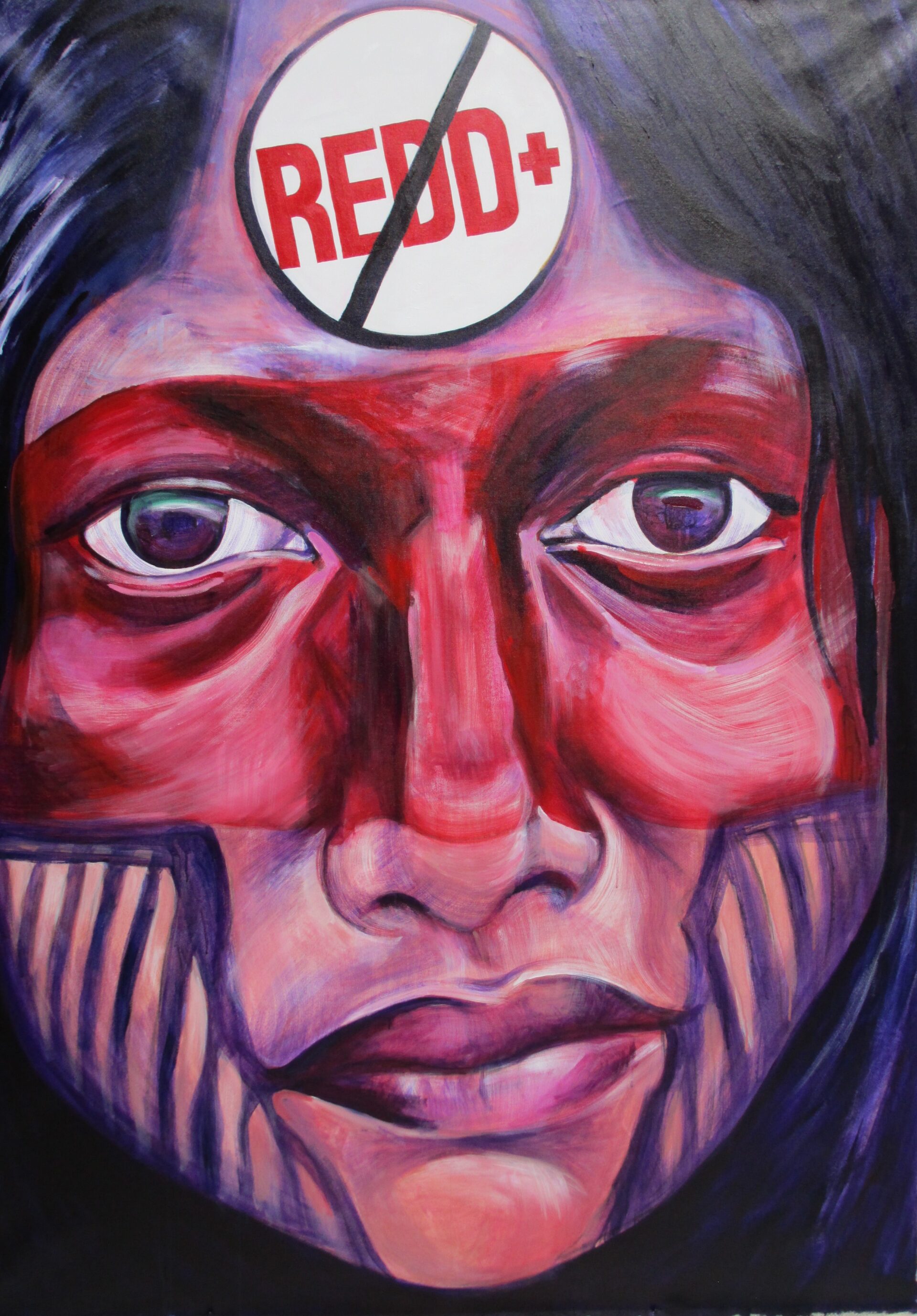ZIMBABWE does not operate any public REDD+ project. The country is only getting ready for that after joining the UN’s Programme late last year.However, its biggest private-funded scheme on reducing emissions from deforestation and degradation (REDD+) is facing challenges – not the most comfortable prospect for a REDD+ start-up nation.
|
Although the issued credits are only a year in holding, how much longer can the credits remain unsold before they expire, usually after five years?
|
These statistics will not calm shaky nerves. Markets are uncertain. Prices are volatile. REDD schemes may struggle. The Carbon Green Africa project hangs in the balance if markets are not secured soon. Or, does it?”The project has been built around community and biodiversity enrichment, and therefore is not only selling a tonne of carbon,” said Mr Ndondo.”We market and sell far more than a tonne of carbon.
God is faithful.





